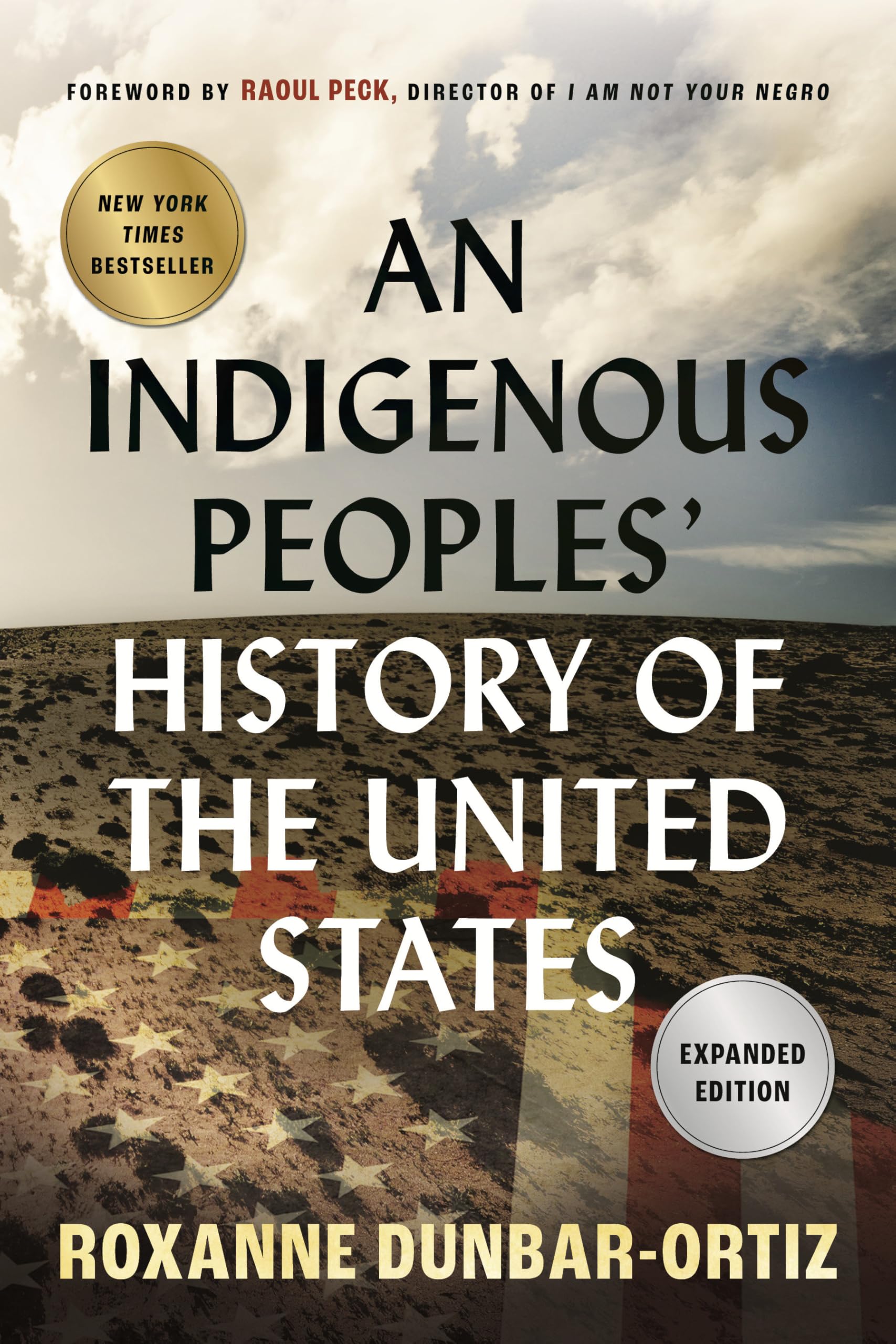معلومات عنا
حقوق الطبع والنشر © 2024 Desertcart Holdings Limited
Desert Online General Trading LLC
Dubai, United Arab Emirates



An Indigenous Peoples' History of the United States (ReVisioning History)
ترست بايلوت
منذ 3 أسابيع
منذ أسبوعين
منذ يومين
منذ أسبوعين